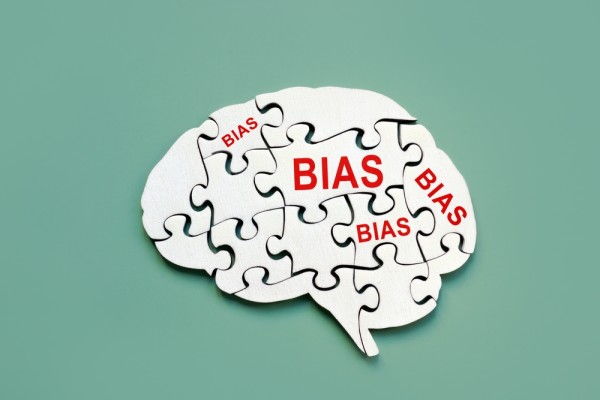When it comes to privacy and AI, there can be quite a dilemma
16/08/2023 | IAPP
When companies limit the collection of sensitive data, such as race or ethnicity, in order to adhere to good privacy practices, they often find themselves unable to properly test for bias without that same data. This can leave data scientists and lawyers at a loss when it comes to effectively auditing AI models. It means that there is a conflict between the need to train and test AI systems for bias, which requires sensitive data, and the privacy principle of data minimisation, which prefers to avoid collecting such data whenever possible. In this article for the IAPP, Luminos.Law's Brenda Leong, CIPP/US, and Andrew Burt discuss the dilemma and what companies can do about it.

What is this page?
You are reading a summary article on the Privacy Newsfeed, a free resource for DPOs and other professionals with privacy or data protection responsibilities helping them stay informed of industry news all in one place. The information here is a brief snippet relating to a single piece of original content or several articles about a common topic or thread. The main contributor is listed in the top left-hand corner, just beneath the article title.
The Privacy Newsfeed monitors over 300 global publications, of which more than 6,250 summary articles have been posted to the online archive dating back to the beginning of 2020. A weekly roundup is available by email every Friday.

